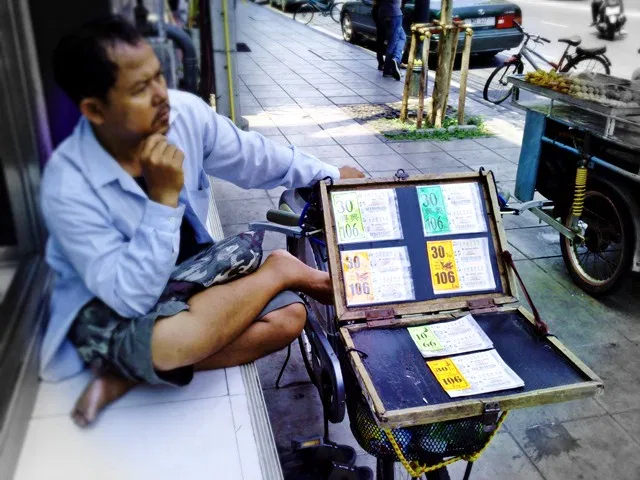Betting News

Can the lottery be an answer to Thailand's old-age poverty?
Can the lottery be an answer to Thailand's old-age poverty?
June 2, 2021 Authorbjbajian
When Thailand becomes a fully aged society next year, most of the country's elderly will be
living on very little savings.
That's understandable. Thailand is one of the unequal
countries on the planet. Most individuals will continue to live hand to mouth in old age if
they do not save and receive extensive welfare assistance.
As Thailand's population
ages, one of the issues it faces is encouraging the poor to save for their retirement. The
lottery's popularity in the country may provide some answers.
How can you persuade
them to put their lottery winnings into long-term savings to access when they can no longer
work?
The lottery's popularity among low-income people is not limited to Thailand.
Meanwhile, psychologists and economists have concluded that the poor's seemingly
inexplicable fascination with the lottery is a reflection of their great desire to rise
beyond their economic and social standing, as well as feelings of inferiority. Amid the
country's massive inequities, they believe the lottery is one of the few "games" in which
they have an equal chance of winning as the wealthy. As a result, the poor's lottery
obsession is neither irrational nor illogical.
Lottery purchasers do not simply
receive or aim for the prize money. Whether they win or lose, the potential to win the
lottery fills them with joy and optimism for a chance to break the cycle of poverty finally.
As a result, if the lottery does not affect their wallets, individuals can rationalize their
purchase based on the potential emotional and financial benefits. Nonetheless, it is
worthwhile to avoid a hazardous lottery addiction and false hope.
Because the lottery
is a government-run business, it is the government's job to instil self-control as part of
the game, so that lottery purchasers do not treat it as a kind of gambling. The majority of
lottery players are from lower socioeconomic backgrounds. A commitment like this would
encourage people to consider twice before purchasing lottery tickets. On the other hand,
this commitment device works well for persons who are aware of their lotto addiction and
wish to overcome it.
Aside from helping people comprehend their financial status,
such daily accounting will allow them to see for themselves if they lose or earn money from
the lottery or whether they are overspending on it. Another solution is to assist lotto
purchasers in understanding how they might spend their money more wisely. This can be
accomplished by having lottery ticket purchasers write on the tickets that the money spent
might have been used to buy two meals for their children, for example. This method may
encourage lottery players to think twice before investing their hard-earned
money.
Because inequity denies the poor the opportunity to break the cycle of
poverty, it's reasonable that they consider the lottery as their sole hope of becoming
wealthy soon and overcoming their social disadvantage. These empowerment programs will equip
the impoverished with the tools they need to break free from poverty without relying on the
lottery or false hope. Despite government efforts to combat lottery addiction, a significant
portion of the impoverished will continue to spend their meagre money on the lottery. The
problem is figuring out how to turn roadblocks into opportunities and leverage the lottery's
popularity into a tool for long-term savings.
If the government builds savings
lotteries to meet the needs of the poor, there is a chance that their passion for the
lottery can be channelled into long-term savings that will finally save them in their golden
years.